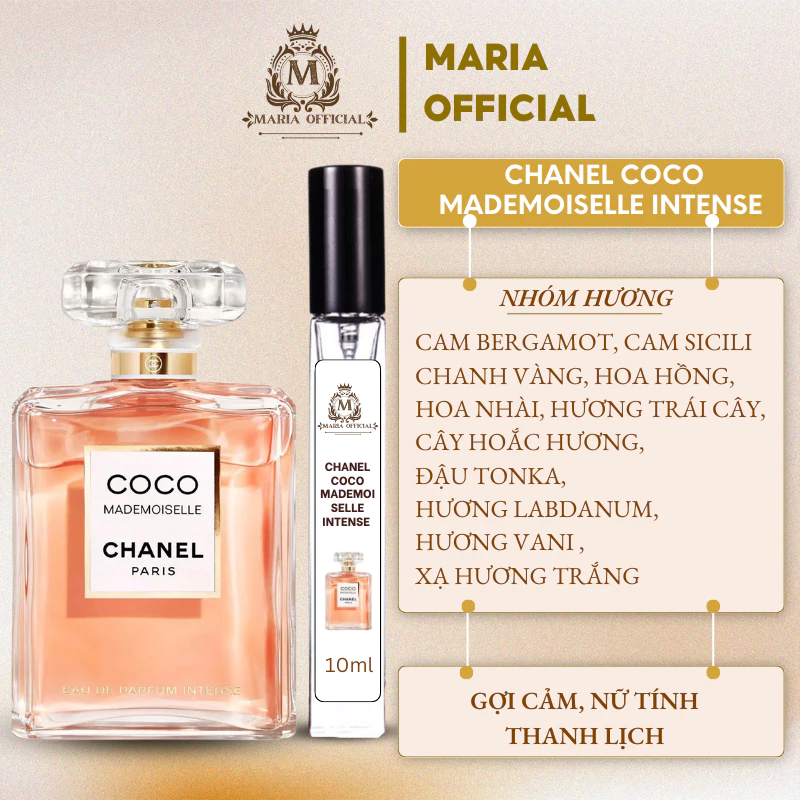0 SearchResultsFor : Slut-shaming
0 địa điểm search_results_for: Slut-shaming
Wiki --> Slut-shaming
Premium Component
DailyTrending
Có thể bạn thích
Có thể bạn thích
 GIẢM
16%
GIẢM
16%
169.000 ₫
202.000 ₫
 GIẢM
50%
GIẢM
50%
99.000 ₫
198.000 ₫
 GIẢM
30%
GIẢM
30%
64.400 ₫
92.000 ₫





